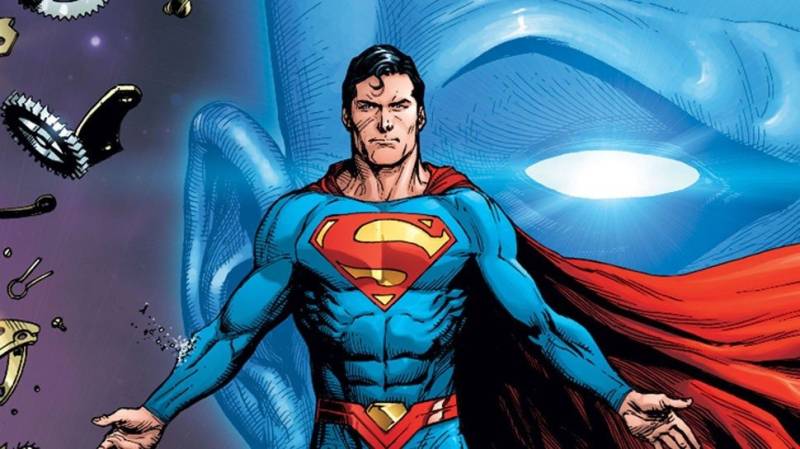An avowed anarchist revealed decades ago that even superheroes struggle when it comes to choosing between right and wrong. Even the mightiest of the mighty have to go through the horrendous task of ‘choosing’, according to Alan Moore who, decades ago, came up with perhaps one of the most celebrated works in comic book history, Watchmen. A graphic novel that hit the shelves in 1986, Watchmen quickly became the talk of the town, and that too at the height of Cold War.
But what was so compelling about the limited series that shook the comic book world? After all, it was all about superheroes, a genre that needed no introduction and had been popular since the late 30s. It wasn’t supposed to be something out of the blue.
Yet it turned out to be out of the blue. The unprecedented work became famous for its depiction of a dystopian world filled with dysfunctional superheroes. The events in Watchmen showcase an alternate timeline where the United States won the Vietnam War with Richard Nixon still at the helm of Washington affairs.
Superheroes in Watchmen are costumed individuals, possessing no superpowers except for one, Dr Manhattan, the only being on the planet whose powers know no boundaries. Despite such godly powers at his disposal, Manhattan is one of the two government-sanctioned superheroes, the other being The Comedian. Other characters include the highly intelligent Ozymandias, Silk Spectre II, Nite Owl II and the ruthless Rorschach.
Watchmen was Moore’s postmodern statement on the superhero genre filled with themes of anarchy, nihilism and authority. The Comedian is supposedly a superhero yet he kills without discrimination. The vigilante Rorschach follows his own code of ‘absolute justice’ and he’s willing to put anything at stake to uphold his sense of morality. Ozymandias, seemingly the smartest of the group, kills millions of people in a fake alien invasion, in order to prevent a nuclear war between the US and USSR.
DC tried to translate the success of Watchmen into their cinematic universe by setting up a gloomy, realistic world depicted in Man of Steel (2013) and Batman v Superman: Dawn of Justice (2016). Superman in both the movies struggles to live up to the expectations of the people. Much like the Watchmen universe, he is questioned for his actions, even though he wants to act in the best interest of the people. Morality appears to be a matter of choice for everyone, whether it’s a god or a mortal.
If postmodern superheroes are to teach us one thing it is that one has to keep on striving, no matter how great the odds are. Even the seemingly indestructible beings have to fall in order for them to rise. Mankind may not need awesome powers of flight and invulnerability to solve problems but what it does need is to work in unison and see above personal interests. Superman is not about how powerful we are or how high we fly, it’s about what good do we see in others and how we help them accomplish wonders.
Good or bad, the choice is ours!






